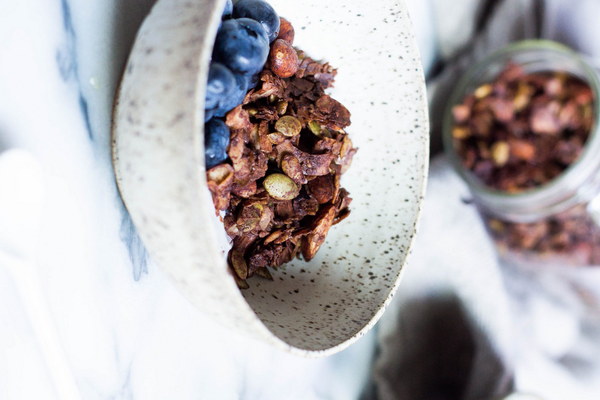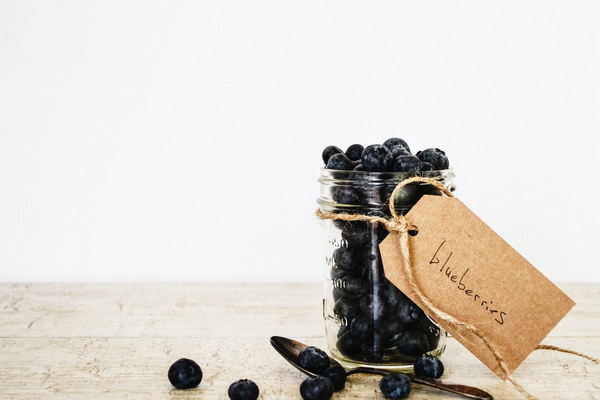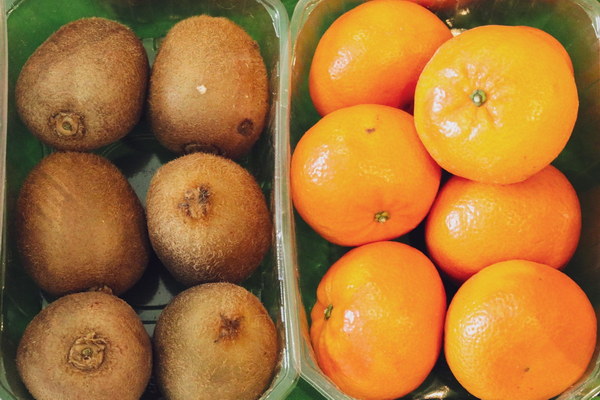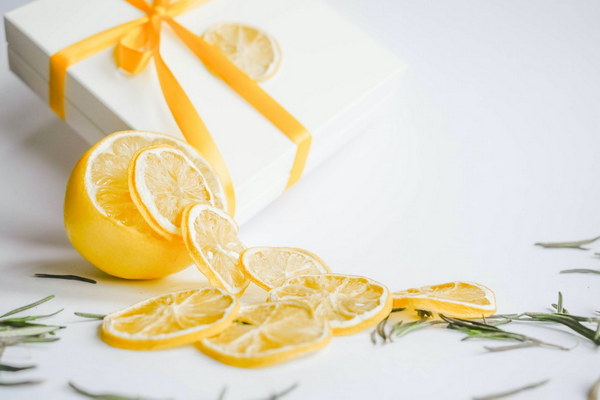Winter is the Prime Time for Rejuvenating Your Health with Traditional Chinese Tonics
Winter, the coldest season of the year, is often regarded as the ideal time for replenishing the body's energy and strengthening the immune system. In traditional Chinese medicine, this period is known as Jieqi or The Intersection of the Qi, a time when the natural world slows down and the body enters a state of rest and repair. This article explores why winter is the prime time for using natural tonics and herbal remedies to enhance health and vitality.
In the heart of winter, when the world outside is enveloped in a blanket of white snow and the days are shortest, our bodies respond to the natural rhythms of the Earth. This is the perfect moment to turn inward and focus on nourishing our bodies with traditional Chinese tonics, which have been used for centuries to balance the body's energy and bolster overall well-being.
The Concept of Yin and Yang in Winter
In traditional Chinese philosophy, winter is associated with the element of water and the concept of Yin, which represents coldness, darkness, and stillness. During this season, the natural world conserves its energy, and so should we. It's a time to embrace the Yin aspect of our own nature, to slow down, and to allow the body to rest and rejuvenate.

The principle of Yin and Yang dictates that for every aspect of nature, there is an opposite or complementary element. In the case of winter, the complementary element is Yang, which represents warmth, light, and activity. By balancing these two forces, we can maintain a harmonious state of health throughout the year, and winter tonics help us to do just that.
Traditional Winter Tonics
One of the most well-known winter tonics is ginseng, a root that has been revered in Chinese medicine for its ability to boost energy and vitality. It's believed to balance the body's Yin and Yang, and is often used to support the immune system and enhance mental clarity.
Other popular winter tonics include:
- Schisandra berry (Wu Wei Zi): Known for its adaptogenic properties, schisandra helps the body adapt to stress and fatigue.
- Goji berries (Lu Rong): These berries are rich in antioxidants and are believed to boost the immune system and improve energy levels.
- Astragalus (Huang Qi): A powerful immune booster, astragalus is often used to prevent colds and flu.
- Codonopsis (Dang Shen): This root is known for its ability to enhance the body's Qi, or life force, and improve overall vitality.
How to Use Winter Tonics
Winter tonics can be consumed in various forms, including teas, tinctures, capsules, and powders. Here are some suggestions for incorporating these tonics into your winter routine:
- Ginseng Tea: Brew a pot of ginseng tea and enjoy it warm to help boost your energy levels.
- Schisandra Berry Smoothie: Blend goji berries and schisandra berries into a smoothie for a refreshing and rejuvenating drink.
- Astragalus and Codonopsis Tea: Combine these two herbs in a tea blend to support your immune system and boost your energy.
- Herbal Infusions: Create an herbal infusion by simmering a combination of winter tonics in water for several hours, then strain and drink it throughout the day.
Precautions and Considerations
While winter tonics can be highly beneficial, it's important to use them judiciously. Some tonics may interact with certain medications or health conditions, so it's always best to consult with a healthcare provider before beginning any new supplement regimen.
Additionally, the quality of the herbs used is crucial. Opt for organic, high-quality herbs to ensure maximum effectiveness and safety.
Conclusion
Winter is a time for renewal and rejuvenation, and using traditional Chinese tonics is a natural way to support your body's health and vitality. By embracing the principles of Yin and Yang and incorporating these time-honored remedies into your daily routine, you can navigate the cold months with strength, resilience, and a sense of well-being.









